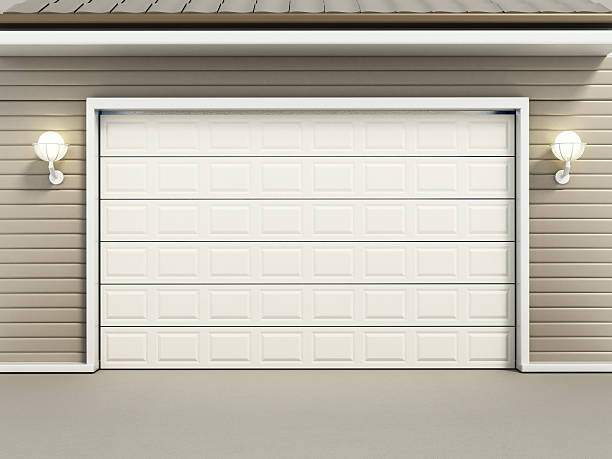Factors Affecting Commercial Door Reliability
Factors Affecting Commercial Door Reliability
Blog Article
When it comes to commercial properties, the integrity and performance of doors play a crucial role in daily operations. Commercial doors are not just entry points; they contribute to security, energy efficiency, and the overall aesthetic of a business. Therefore, ensuring commercial door reliability is essential for maintaining a smooth and safe environment for employees and customers alike. In this article, we will explore the factors that influence the reliability of commercial doors, the different types available, and maintenance tips that can enhance their longevity and performance.
Factors Affecting Commercial Door Reliability
The reliability of commercial doors hinges on several critical factors. Understanding these elements can help businesses make informed decisions when selecting and maintaining their doors.
Material Quality
The materials used in the construction of commercial doors significantly impact their durability and reliability. Common materials include steel, aluminum, fiberglass, and wood. Steel doors, for instance, are known for their strength and resistance to wear, making them suitable for high-traffic areas. On the other hand, fiberglass doors offer excellent insulation properties and are resistant to corrosion, which is vital in harsh environments.
Design and Construction
A door’s design also plays a pivotal role in its reliability. Well-engineered doors that account for factors such as wind resistance, insulation, and sealing tend to perform better over time. Additionally, the construction quality, including the type of hinges, locks, and frames used, can influence the door's overall robustness and ability to withstand daily use.
Environmental Considerations
The environment in which a commercial door operates can affect its reliability. Doors exposed to extreme temperatures, humidity, or corrosive substances may require specialized materials or coatings to enhance their lifespan. Understanding the specific environmental challenges can help businesses choose the right doors for their needs.
Types of Commercial Doors and Their Durability
Commercial doors come in various types, each designed for specific applications and environments. Here are some common types and their associated durability:
Hollow Metal Doors
Hollow metal doors are often used in industrial settings due to their strength and durability. They are resistant to impact, fire, and weather, making them ideal for exterior applications. Their reliability under heavy use makes them a popular choice for warehouses and manufacturing facilities.
Wood Doors
Wood doors offer aesthetic appeal and are commonly used in offices and retail spaces. However, their reliability can vary based on the type of wood and finish used. Solid wood doors tend to be more durable than hollow core options, but they may require more maintenance to prevent warping or damage from moisture.
Glass Doors
Glass commercial doors can create an inviting atmosphere and allow natural light into a space. While they can be made from tempered or laminated glass for increased durability, they may be less reliable in high-impact situations. Proper care and handling are essential to maintain their integrity over time.
Maintenance Tips for Ensuring Long-lasting Performance
To maximize the reliability of commercial doors, regular maintenance is key. Here are some practical tips:
Regular Inspections
Conducting routine inspections can help identify wear and tear before they become significant issues. Check for signs of rust, damage, and proper alignment to ensure doors function smoothly.
Lubrication
Keeping hinges and locks well-lubricated can prevent rust and ensure smooth operation. Use appropriate lubricants for the specific materials of the door hardware.
Cleaning
Regular cleaning helps maintain the appearance and functionality of commercial doors. Remove dirt, grime, and debris that can accumulate and affect performance. For glass doors, use non-abrasive cleaners to avoid scratches.
Weather Stripping and Sealing
Inspect and replace weather stripping as needed to maintain energy efficiency and prevent drafts. Proper sealing can also protect against moisture and pests, further enhancing the reliability of the door.
In conclusion, understanding the factors that influence commercial door reliability, the different types available, and adopting effective maintenance practices are essential steps for any business. By prioritizing these aspects, companies can ensure that their commercial doors serve their intended purpose efficiently and reliably for years to come. For more information on enhancing the reliability of your commercial doors, consider exploring resources available at this helpful site.
Report this page